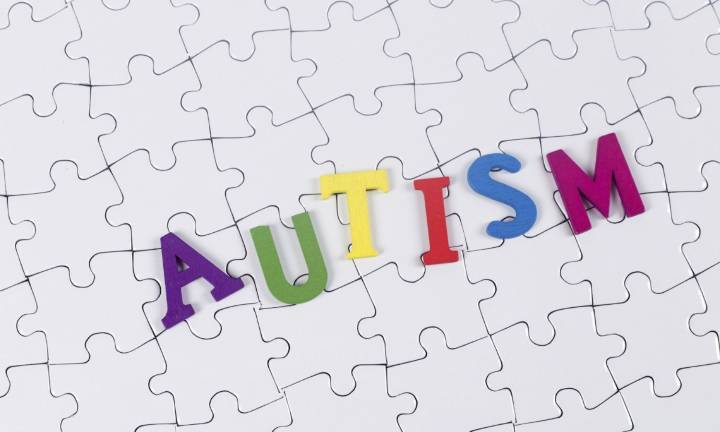Living with Autism: Recognising and Embracing the Adult Experience

Autism, a complex neurodevelopmental disorder, has garnered significant attention over the years, primarily focusing on early childhood diagnosis and intervention. However, autism doesn’t magically disappear as children grow into adults. Many individuals continue to live with autism into adulthood, and recognising the signs in adults is crucial for understanding and supporting them. This article will explore the signs of autism in adults and offer guidance on living with autism in India.
Understanding Autism in Adults
Autism is a Lifelong Condition
Autism is a lifelong condition. While early intervention and therapy from a reputable autism centre can significantly improve the lives of autistic individuals, it is important to recognise that autism persists into adulthood. The characteristics and challenges associated with autism may change and evolve over time, but they remain a fundamental part of an individual’s identity.
Late Diagnoses Are Common
Many adults with autism receive their diagnosis later in life. This may be due to limited awareness and understanding of autism when they were younger or because they learned to adapt and mask their differences. Late diagnoses can be both liberating and challenging. They provide clarity and validation but can also bring about questions of identity and coping with a lifelong condition.
Signs of Autism in Adults
Social Difficulties
One of the hallmark features of autism is social difficulty. In adults, this might manifest as difficulty in maintaining eye contact, understanding non-verbal cues, and forming meaningful relationships. Autistic people may also struggle with reciprocity in conversations, finding initiating and maintaining interactions challenging.
Sensory Sensitivities
Sensory sensitivities, which are common in autism, can persist into adulthood. These sensitivities may involve heightened reactions to bright lights, loud noises, or certain textures. Autistic people may develop coping mechanisms to manage these sensitivities, but they can still be overwhelming and distressing.
Repetitive Behaviors
Repetitive behaviours, often referred to as stimming, are characteristic of autism. In adults, stimming can take various forms, such as hand-flapping, rocking, or repetitive speech. These behaviours can serve as self-soothing mechanisms or ways to cope with sensory overload.
Communication Challenges
Communication challenges can persist into adulthood for individuals with autism. This may manifest as difficulty in understanding sarcasm, metaphors, or abstract language. Some autistic people may struggle with expressive language and articulating their thoughts and emotions.
Living with a Diagnosis
Self-Acceptance
For adults receiving an autism diagnosis, self-acceptance is a crucial first step. A diagnosis can bring relief and understanding, allowing individuals to embrace their identity and see their differences as strengths rather than weaknesses. Seeking support from a well-recognised autism care centre, support groups, and online social communities can be a valuable part of this journey.
Building a Support Network
Living with autism as an adult can present unique challenges. Building a support network of friends and family members is essential. These individuals can offer emotional support, encouragement, and a safe environment to express thoughts and feelings.
Identifying and Using Strengths
Every individual, regardless of their neurodiversity, has unique strengths. Recognising and harnessing these strengths is vital for personal growth and fulfilment. Whether it’s an intense interest, exceptional attention to detail, or a talent in a particular area, these strengths can lead to personal and professional success.
Therapy and Counseling
Therapy and counselling provided at an autism centre in India can benefit autistic people. It can help develop coping strategies for sensory sensitivities, social difficulties, and anxiety. Additionally, therapists can offer a safe space to explore personal challenges and work on improving communication skills.
In conclusion, autism is a lifelong condition that doesn’t disappear with age. Recognising the signs of autism in adults is the first step toward understanding and supporting them. Late diagnoses of autism in India are common, but they can provide clarity and validation, leading to self-acceptance and personal growth. Living with a diagnosis involves building a support network, harnessing strengths, seeking therapy, and advocating for oneself and others. By fostering acceptance and understanding of autism in adults, we can work toward a more inclusive and supportive society.







